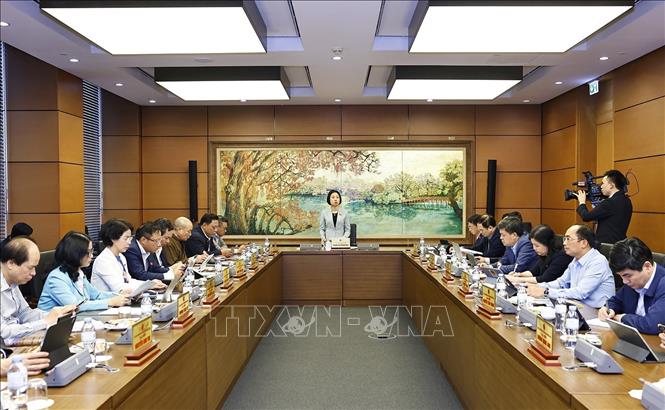
Contributing opinions to the draft Law on Cyber Security, delegate Le Nhat Thanh (Hanoi) agreed with the Government's Submission and the Verification Report of the National Assembly 's Committee on National Defense, Security and Foreign Affairs. According to the delegate, the promulgation of the Law is necessary, on the basis of consolidating the contents of the 2018 Law on Cyber Security and the 2015 Law on Network Information Security; promptly institutionalizing the Party's guidelines and viewpoints, overcoming overlaps, contradictions and unclear demarcation of authority and functions between the 2018 Law on Cyber Security and the 2015 Law on Network Information Security, meeting practical requirements in the context of extensive digital transformation and the current complicated situation of cyber attacks and cross-border crimes.
Commenting that the draft Law on Cyber Security has been carefully and meticulously prepared by the drafting agency, delegate Le Nhat Thanh suggested that it is necessary to review and complete the draft in the direction of closely following a number of principles, including the principle of unifying the responsibility of state management and the responsibility of agencies and organizations according to the viewpoint in Resolution 18-NQ/TW of the Central Executive Committee on a number of issues on continuing to innovate and reorganize the apparatus of the political system to be streamlined, effective and efficient, which is a task that only one agency presides over and is primarily responsible for.
Law on Cyber Security 2025 - framework law based on the consolidation of current provisions of the Law on Cyber Security 2015, amended and supplemented in 2018 and the Law on Cyber Security 2018 to serve the implementation of the new organizational model of the political system according to Conclusion No. 177-KL/TW of the Politburo and Secretariat on continuing to build the organization and operation of 2-level administrative units to ensure smoothness and efficiency, in which the Ministry of Public Security takes over the task of state management of cyber security from the former Ministry of Information and Communications on the authority of the specialized force for cyber security protection.
Discussing the Law on Cyber Security, regarding the content of military information systems stipulated in Clauses 2 and 3, Article 15, delegate Le Quang Dao (Dak Lak) proposed to replace the phrase "Military information system" with the phrase "Important information system on national security under the management of the Ministry of National Defense". At the same time, in Clause 5, Article 18; Point b, Clause 4, Article 22 and Clause 5, Article 23; Point b, Clause 4, Article 24; Point b, Clause 2, Article 32, delegate Le Quang Dao proposed to replace the phrase "Military information system" with the phrase "Information system of agencies and organizations under the management of the Ministry of National Defense".
Delegate Le Quang Dao said that the above amendment does not expand the scope of the Ministry of National Defense but is also consistent with the provisions of current laws related to the authority and responsibility of the Ministry of National Defense through laws such as: Law on National Defense 2018, Law on Protection of State Secrets 2018, Law on Network Information Security 2015 and Law on Telecommunications; at the same time, it is also consistent with the practice in managing and exploiting contents related to military and national defense work.
Discussing in the group, delegate Luong Van Hung (Quang Ngai) assessed that the draft Law on Cyber Security has many positive points when specifying concepts and prohibited behaviors, as well as the responsibilities of ministries, branches, businesses and users, meeting the practical requirements of the national digital transformation process, ensuring security and safety in cyberspace, while protecting human rights, civil rights and legitimate interests of organizations and individuals.
Commenting on the provisions in Article 55 on the responsibilities of network service providers, delegates agreed with the regulation requiring businesses to identify users, store data within Vietnam's territory and coordinate with competent authorities when serving network security requirements.
However, Clause 5, Article 55 stipulates: "Responsible for identifying the internet address (IP address) of organizations and individuals using internet services, providing it to the specialized force for network security protection to manage and serve the work of ensuring network security", delegates said that it is necessary to add specific regulations on the time, procedures, and authority to request data provision, to avoid abuse and ensure the privacy of users.
The delegate proposed to supplement and amend Clause 5, Article 55 as follows: “Responsible for identifying the Internet address (IP address) of organizations and individuals using Internet services and providing it to the specialized force for protecting network security according to the processes, procedures and professional requirements prescribed by law, serving the work of protecting network security, preventing and combating crimes and other violations of the law in cyberspace.”
In addition, delegate Luong Van Hung said that it is necessary to clearly define the limits of responsibility and data storage period to avoid causing cost pressure for small and medium enterprises.
Discussing in groups, delegates also contributed ideas to perfect the draft Law on Protection of State Secrets (amended); the draft Law on amending and supplementing a number of articles of 10 laws related to security and order.
Source: https://baotintuc.vn/thoi-su/bao-ve-quyen-loi-ich-hop-phap-cua-to-chuc-ca-nhan-tren-khong-gian-mang-20251031175802717.htm


![[Photo] Opening of the 14th Conference of the 13th Party Central Committee](https://vphoto.vietnam.vn/thumb/1200x675/vietnam/resource/IMAGE/2025/11/05/1762310995216_a5-bnd-5742-5255-jpg.webp)





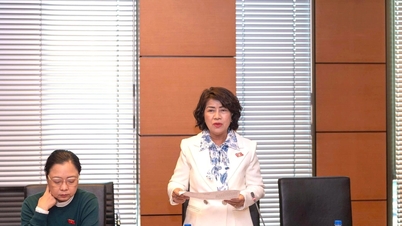

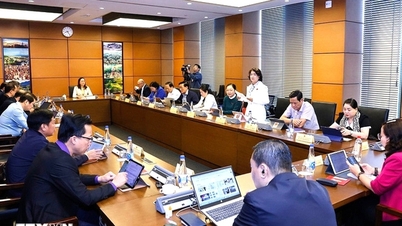


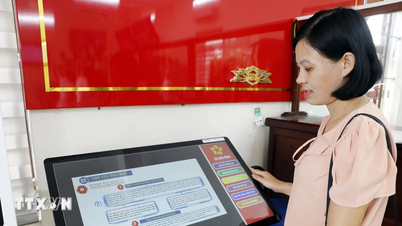

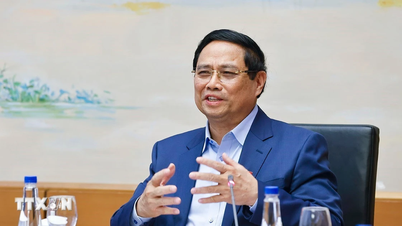
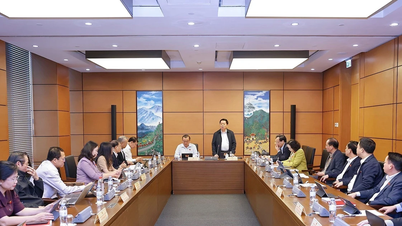





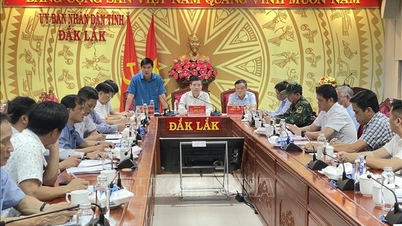




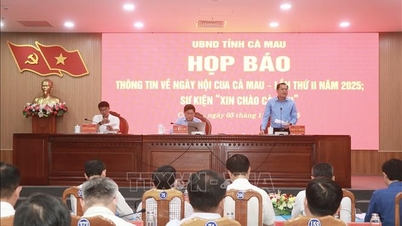



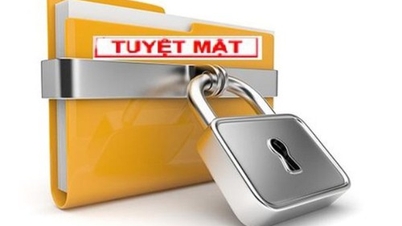
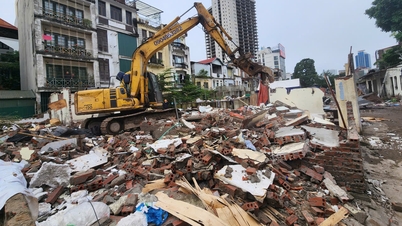

![[Photo] Panorama of the Patriotic Emulation Congress of Nhan Dan Newspaper for the period 2025-2030](https://vphoto.vietnam.vn/thumb/1200x675/vietnam/resource/IMAGE/2025/11/04/1762252775462_ndo_br_dhthiduayeuncbaond-6125-jpg.webp)











































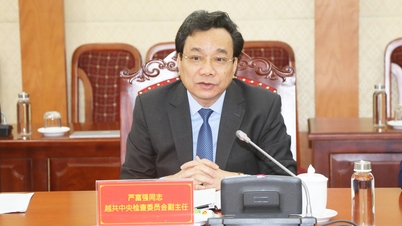





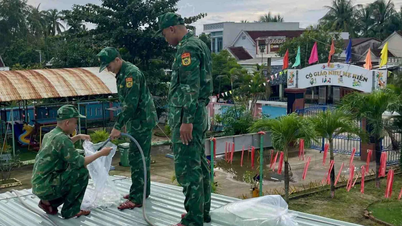




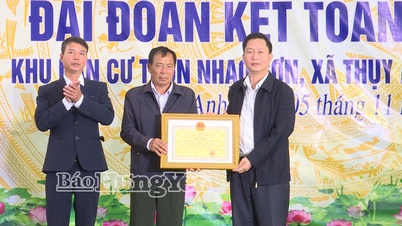











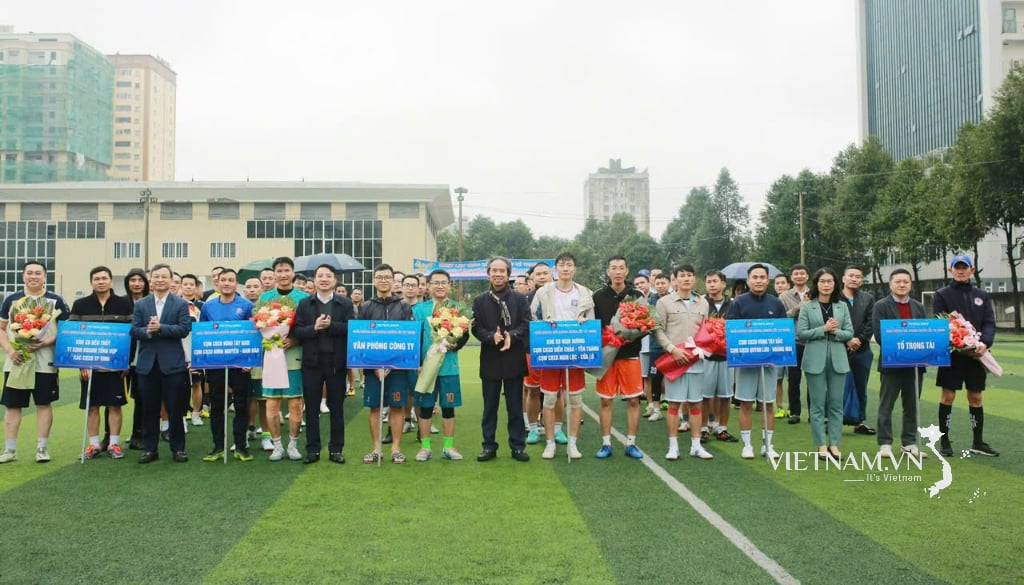



Comment (0)